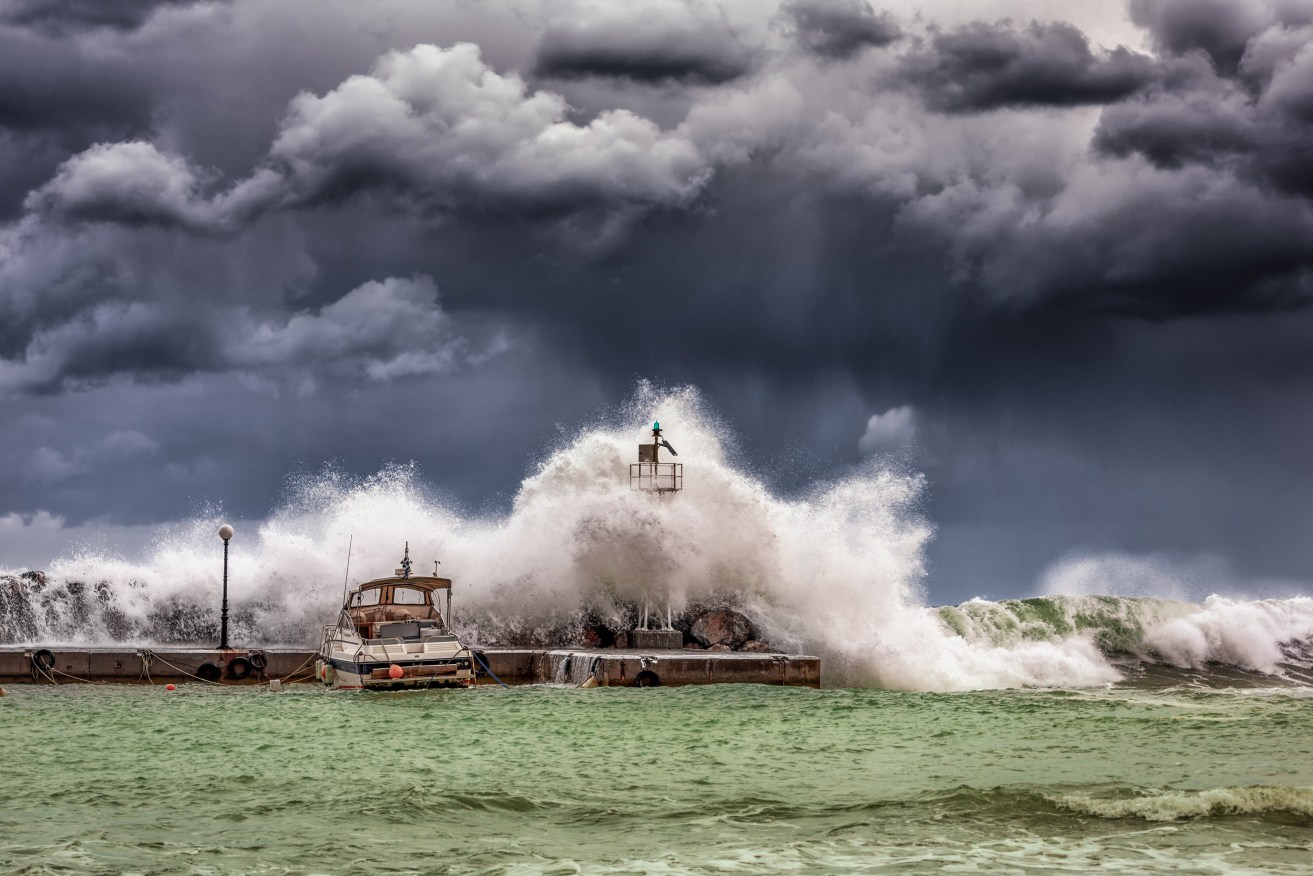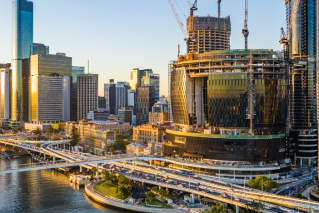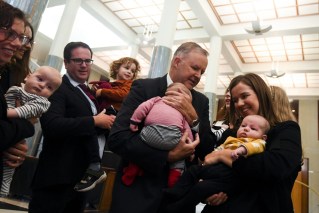Flood, fire, pestilence: Was this the year Mother Nature finally took her revenge?
Extreme weather events have ravaged every continent on Earth since world leaders last gathered to address the existential threat of climate change.

A new Climate Council report chronicles the succession of disasters that have struck since last November’s global climate summit in Scotland.
It’s sobering reading as leaders prepare to meet again from Sunday, this time in the Egyptian city of Sharm el-Sheikh.
“Europe sweltered through its hottest summer on record. Parts of East Africa endured unrelenting drought while other parts of the continent suffered deadly floods,” says Climate Council senior researcher Dr Simon Bradshaw, who wrote the report.
“Many parts of Asia suffered record heat waves, and Pakistan has suffered one of the world’s worst ever flooding disasters.
“Here in Australia, we are still in the midst of our costliest ever flood disaster, as affected communities anxiously look ahead to predictions of a wet summer.”
Bradshaw says the confronting list of disasters shows what’s at stake if the nations of the world fail to act with the urgency required.
Just last week, the United Nations warned existing pledges to cut greenhouse gas emissions would lead to at least 2.5C of warming – a level deemed catastrophic by scientists.
That’s far beyond the Paris climate pact’s ambition to limit warming to well below 2C, preferably to 1.5C.
In 2019, the Intergovernmental Panel on Climate Change said carbon emissions needed to fall by 43 per cent by 2030, but current plans show the world is on track for a rise of 10.6 per cent instead.
Bradshaw says Australia can finally shake off its climate-laggard reputation after the Labor government passed laws enshrining its intention to cut emissions by 43 per cent this decade, and reach net zero by 2050.
But he says it’s past time to set an end date for fossil fuels, for Australia to end all finance for coal, oil and gas, and fast-track efforts to transform into a clean energy superpower.
Economist Nicki Hutley, a councillor with the Climate Council, says Australia, along with the rest of the world, is living through a new era of severe climate consequences.
“Global commitments are dangerously off track to prevent a climate catastrophe,” she says.
“COP27 is a chance for world leaders to demonstrate their words are being backed up with concrete actions. If we move fast, Australia can secure huge advantages for its economic interests as well as our national security.”
Former prime minister Scott Morrison got a frosty reception at last year’s climate talks in Glasgow, Scotland, when he shrugged off international pressure for Australia do more on emissions.
Instead he turned up with a six-year-old pledge, made back in 2015 when Tony Abbott was in the top job and signed the Paris pact.
Observers say the Australian delegation, to be led by Climate Change and Energy Minister Chris Bowen, will get a much warmer reception in Egypt.
But Albanese has ruled out any increase to its 43 per cent by 2030 target.
“We’ve already advanced our changed policy,” he said on Wednesday.
“The Glasgow conference was about increased contributions for 2030. The former government failed to do that and it probably would’ve been better off if they didn’t go at all.”












